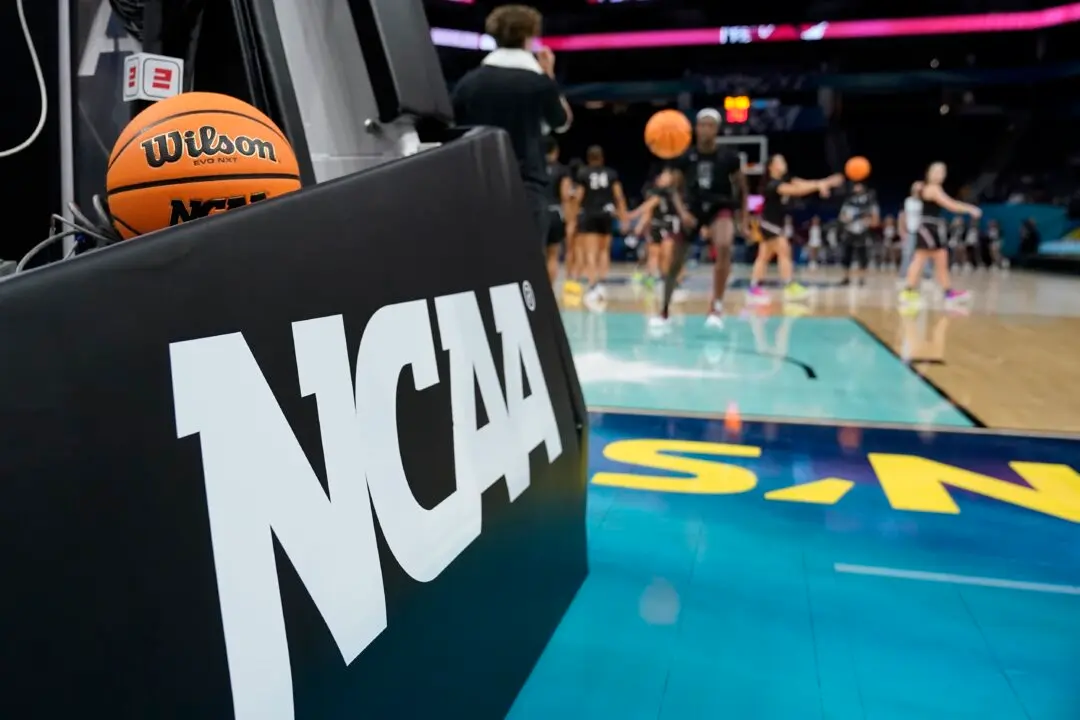By Walter Hudson
The Trump administration announced it is overturning Obama-Biden guidance that required colleges to provide equal name, image and likeness (NIL) payment opportunities to male and female student-athletes under Title IX regulations, marking a significant shift in collegiate sports policy that could have far-reaching implications for gender equity in athletics.
Craig Trainor, acting assistant secretary for civil rights, criticized the Biden administration’s guidance as “overly burdensome” and “profoundly unfair,” arguing it exceeded the scope of what agency guidance should do. The decision comes at a time when universities nationwide are struggling to balance competitive athletics programs with federal equity requirements.
The now-rescinded Biden-era guidance, issued in a nine-page document during the final days of his presidency, suggested that schools could violate federal anti-discrimination laws if they failed to provide “equivalent” NIL opportunities to women athletes. While the document stated it was not legally binding, it significantly influenced college athletics leaders who were already grappling with how to handle Title IX compliance amid pending antitrust lawsuits over player compensation.
Under Biden’s framework, institutions would have been responsible for ensuring equal athletic opportunities in their programs, including NIL deals. The guidance specifically stated that when schools provided financial assistance through publicity rights payments, such benefits needed to be “proportionately available” to both male and female athletes. This interpretation aimed to prevent disparities in compensation opportunities between men’s and women’s sports programs.
However, Trainor, who was recently nominated by Trump to serve as assistant secretary of housing and urban development, rejected this interpretation. He argued that Title IX, enacted over 50 years ago, does not address how revenue-generating athletics programs should allocate compensation among student athletes.
“The claim that Title IX forces schools and colleges to distribute student-athlete revenues proportionately based on gender equity considerations is sweeping and would require clear legal authority to support it. That does not exist,” Trainor said.
The policy reversal comes amid ongoing legal challenges to traditional collegiate sports compensation models. Three pending antitrust lawsuits specifically target restrictions on pay and benefits that players can receive for their work and publicity rights. These cases have put additional pressure on institutions to clearly define their approaches to student-athlete compensation while maintaining compliance with federal regulations.
The timing of the announcement has raised questions among education policy experts, as many institutions have already begun implementing policies based on the Biden administration’s guidance. Some universities have established specific protocols for distributing NIL opportunities and monitoring gender equity in athletic compensation, which may now need to be reevaluated.
The NCAA, when reached for comment, declined to make a statement on the policy reversal, highlighting the complex nature of the issue and its potential impact on collegiate sports governance. The organization has historically maintained a delicate balance between preserving amateur athletics while adapting to evolving legal and social expectations regarding student-athlete compensation.
Education advocacy groups have expressed mixed reactions to the announcement. Supporters of the Trump administration’s decision argue it provides institutions with greater flexibility in managing their athletic programs, while critics contend it could lead to increased gender disparities in collegiate sports opportunities and compensation.
The move comes as colleges nationwide continue to navigate the complex landscape of student-athlete compensation rights while attempting to maintain compliance with federal anti-discrimination laws. The decision marks another significant shift in the ongoing debate over student-athlete compensation and gender equity in collegiate sports, potentially setting the stage for future legal challenges and policy discussions.
Universities will now need to reassess their NIL policies and determine how to proceed in the absence of the previously established federal guidance, while still ensuring compliance with Title IX’s core principles of gender equity in educational opportunities. The full impact of this policy change on collegiate athletics and student-athlete compensation remains to be seen.

